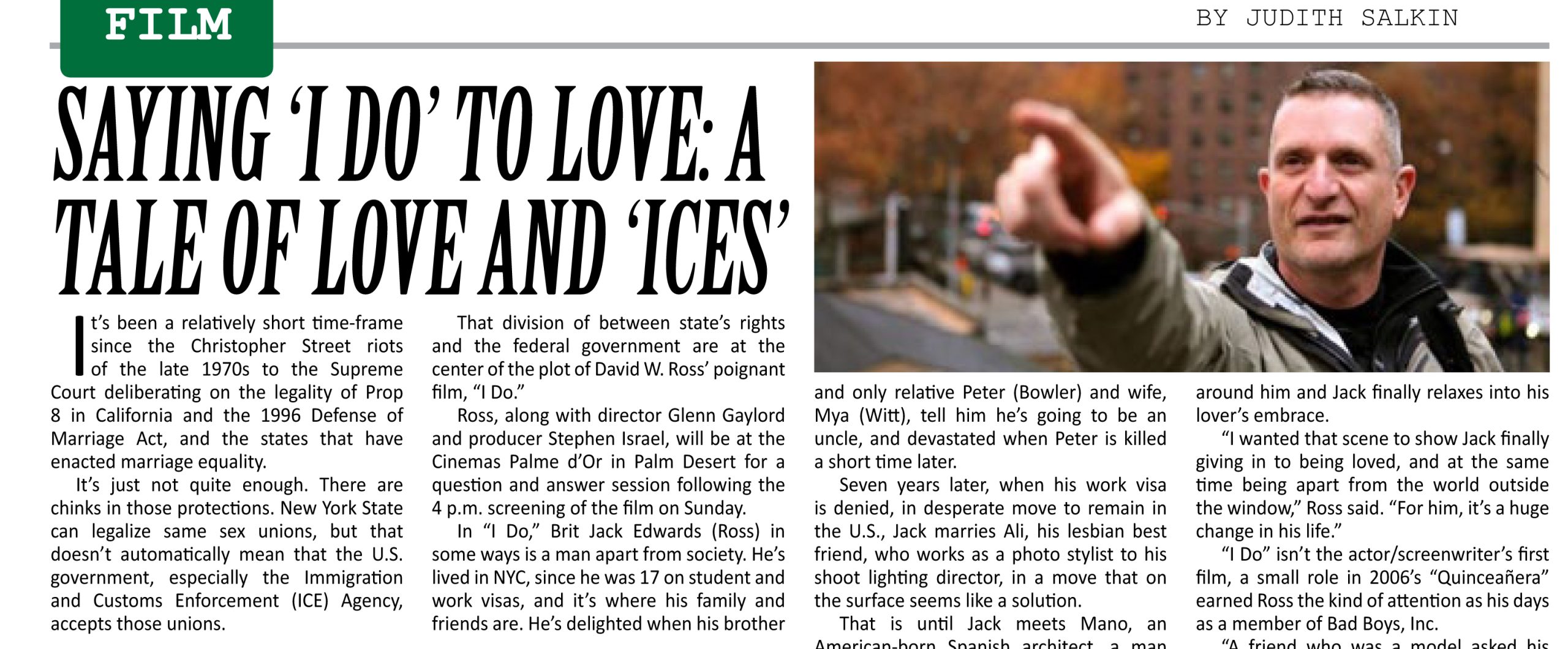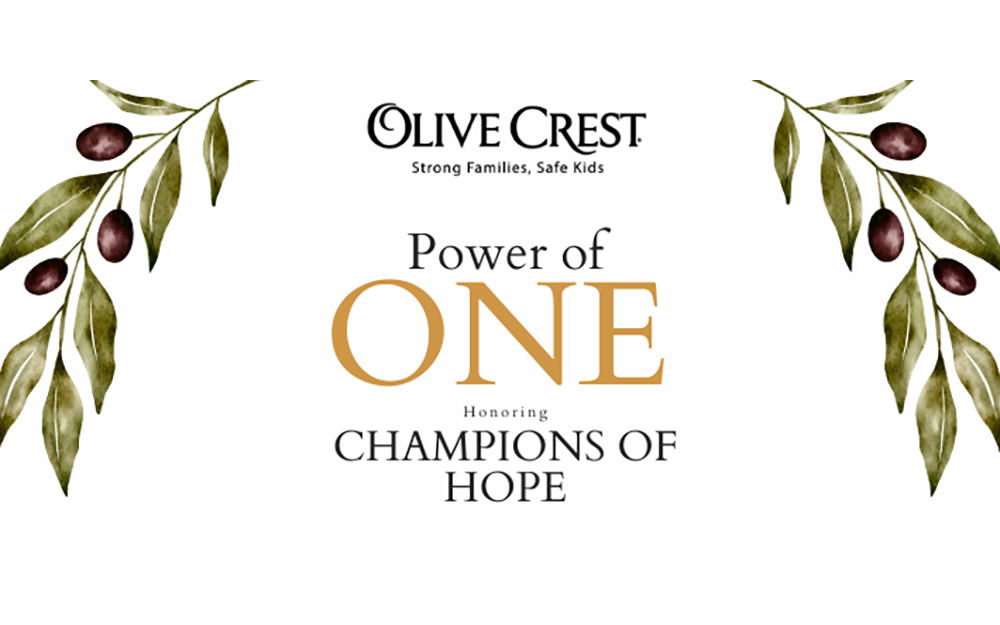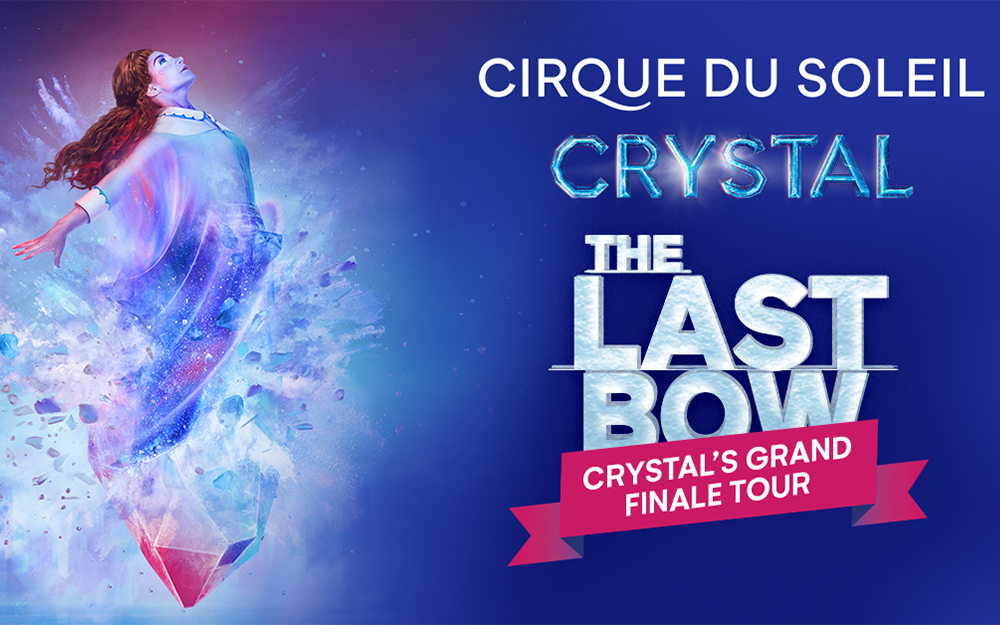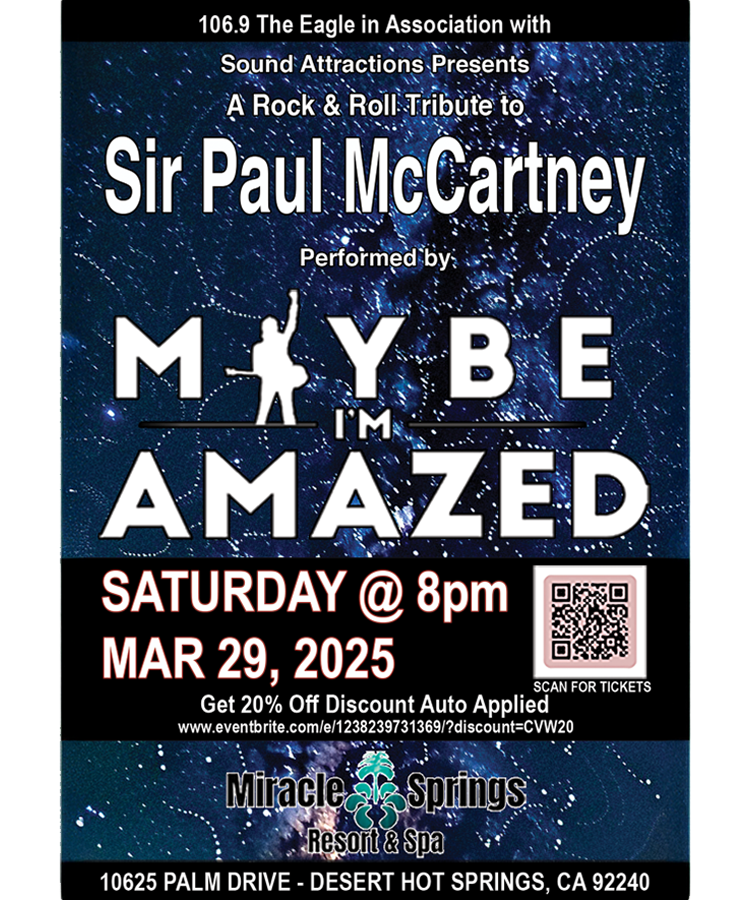
By Judith Salkin
It’s been a relatively short time-frame since the Christopher Street riots of the late 1970s to the Supreme Court deliberating on the legality of Prop 8 in California and the 1996 Defense of Marriage Act, and the states that have enacted marriage equality.
It’s just not quite enough. There are chinks in those protections. New York State can legalize same sex unions, but that doesn’t automatically mean that the U.S. government, especially the Immigration and Customs Enforcement Agency, accepts those unions.
That division of between state’s rights and the federal government are at the center of the plot of David W. Ross’ poignant film, “I Do.”
Ross, along with director Glenn Gaylord and producer Stephen Israel, will be at the Cinemas Palme d’Or in Palm Desert for a question and answer session following the 4 p.m. screening of the film on Sunday.
In “I Do,” Brit Jack Edwards (Ross) in some ways is a man apart from society. He’s lived in NYC, since he was 17 on student and work visas, and it’s where his family and friends are. He’s delighted when his brother and only relative Peter (Bowler) and wife, Mya (Witt), tell him he’s going to be an uncle, and devastated when Peter is killed a short time later.
Seven years later, when his work visa is denied, in desperate move to remain in the U.S., Jack marries Ali, his lesbian best friend, who works as a photo stylist to his shoot lighting director, in a move that on the surface seems like a solution.
That is until Jack meets Mano, an American-born Spanish architect, a man who shares his sense of family and whom he can finally open his heart to.
For Ross the premise of the film was a chance to explore the realities of what same-sex couples face even in these changing times, especially as a naturalized American citizen.
“I’ve been in the States for nine years and the subject has always been on my radar,” he said recently in a phone interview from Los Angeles. “When the ICE officers go to Jack’s apartment and push past Ali, most people don’t realize that’s a reality; they don’t need a warrant of any kind to do that.”
Like his character Ross spent time in his past, before becoming an instant hit in the mid-1990s, as a photographer’s assistant, and that training is evident in the film’s photographic quality which he wrote into the screenplay.
In one scene as Jack stands at a window looking out over New York, Mano comes up from behind and tenderly wraps his arms around him and Jack finally relaxes into his lover’s embrace.
“I wanted that scene to show Jack finally giving in to being loved, and at the same time being apart from the world outside the window,” Ross said. “For him, it’s a huge change in his life.”
“I Do” isn’t the actor/screenwriter’s first film, a small role in 2006’s “Quinceañera” earned Ross the kind of attention as his days as a member of Bad Boys, Inc.
“A friend who was a model asked his agent to put my picture up,” he said. “And a photographer for the band saw it. A week later, I was in the band.”
With that early brush with instant fame, Ross retreated from his acting career. “I know what that kind of instant fame can do, and so I took myself out of and worked on the film.”
At this point in his life, “I have my own Mano,” he said. “I’m very content in my life.”
And he’s hoping to expand his career. The idea of fame isn’t so overwhelming and he’s hoping to expand his resume. “I’d love to have a chance on a show where I get to develop the character over a year or more. That would be wonderful.”
What: Q&A with “I Do” filmmakers David W. Ross, Glenn Gaylord and Stephen Israel
When: Sunday (June 2) following the 4 p.m. screening of the film
Where: Cinemas Palme d’Or, 72840 Highway 111, Palm Desert
Cost: $11
Information: (760) 779-0730; thepalme.com










































